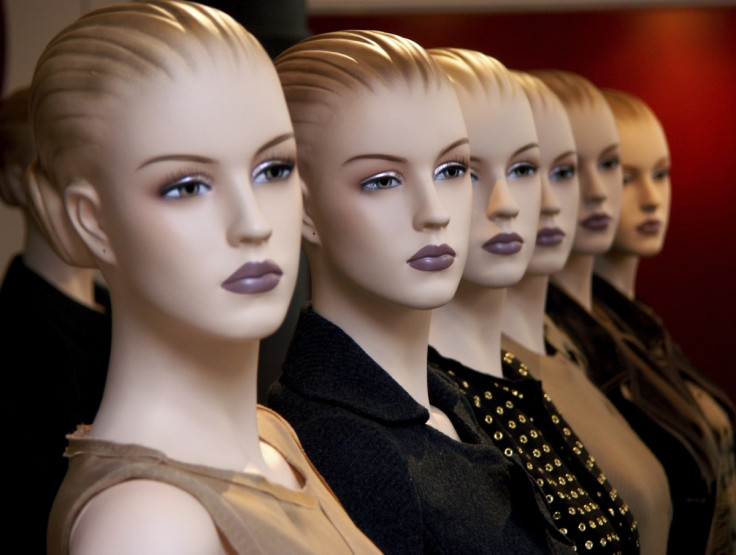China's giant cloning factory is 'advanced enough to experiment on humans' - if it's allowed to

The world's biggest cloning factory currently being built in China would be advanced enough to clone humans, but scientists are holding off on doing so over backlash fears. Xu Xiaochun, chief executive of Boyalife Group, told AFP that in the future they could genetically engineer children so they had a percentage of DNA from each parent, rather than just 50/50.
Plans for the cloning factory were revealed earlier this month, with the Xinhua news agency announcing a deal to create a commercial animal cloning centre in Tianjin, northeastern China. Main building work has already started and scientists are expected to begin work there at the start of next year.
Around 200m yuan (£20.5m) has been invested and the centre will also include a gene storage area and a museum. One of the first projects planned is to produce 100,000 cattle embryos in the first year amid China's beef shortages.
However, Xu said cloned cattle is just the start of the ambitious plans for the centre. Along with racehorses and pet dogs, he eventually wants to turn his attention to human cloning. "The technology is already there," he said. "If this is allowed, I don't think there are other companies better than Boyalife that make better technology."
At present, the company, which is working with South Korean's cloning institute Sooam Biotech Research Foundation, said it was exercising self-restraint because of the potential public backlash. But in the future, if attitudes change, it would be willing to carry out human experiments, Xu said.
"Unfortunately, currently, the only way to have a child is to have it be half its mum, half its dad,. Maybe in the future you have three choices instead of one. You either have fifty-fifty, or you have a choice of having the genetics 100% from daddy or 100% from mummy. This is only a choice."
For now, however, he is happy just to work on the cattle cloning: "We want the public to see that cloning is really not that crazy, that scientists aren't weird, dressed in lab coats, hiding behind a sealed door doing weird experiments."
Since 2000, scientists in China have cloned sheep, cattle and pigs, but more recently they have sought to clone animals for non-scientific research. The country's first commercial animal cloning centre opened in 2014 and its first project saw scientists clone three pure-blooded Tibetan mastiff puppies.
© Copyright IBTimes 2024. All rights reserved.







